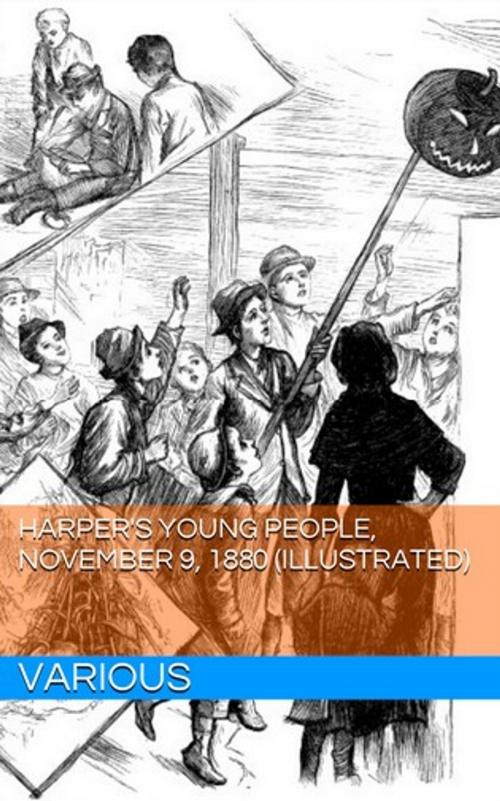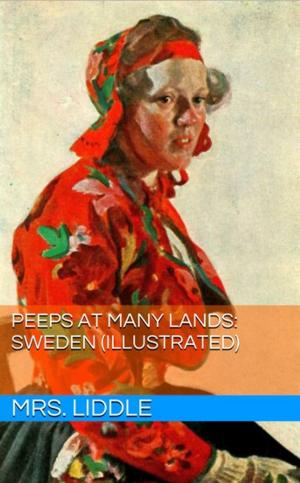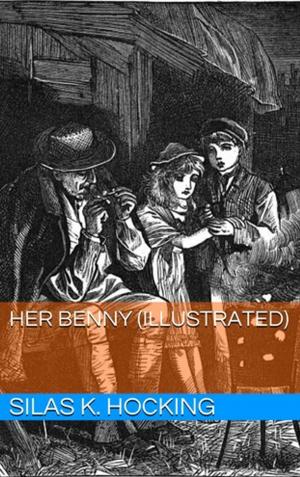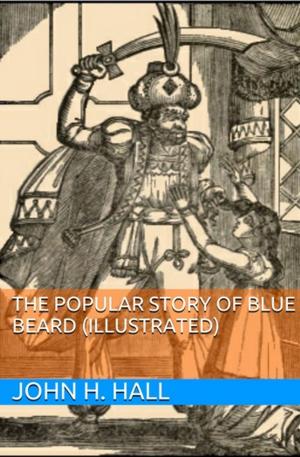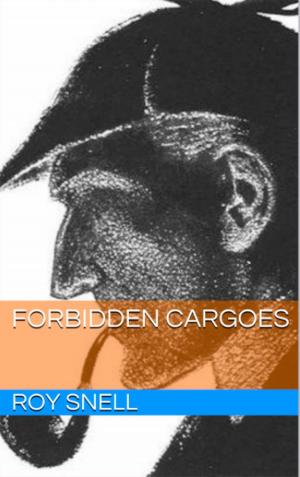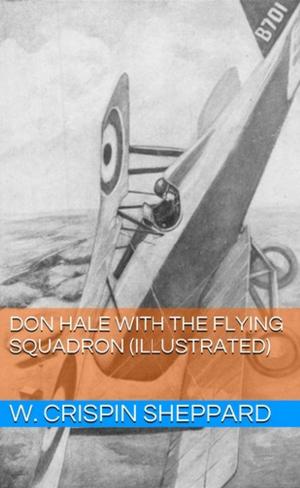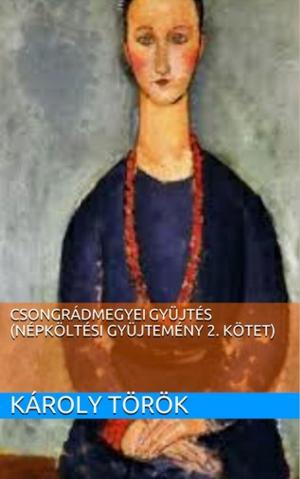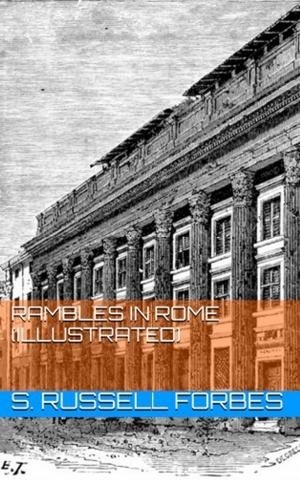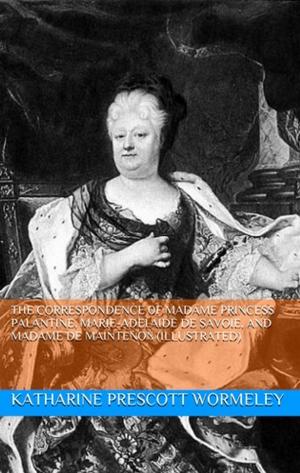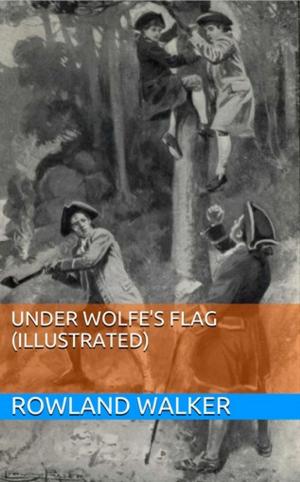Harper's Young People, November 9, 1880 (Illustrated)
Nonfiction, Reference & Language, Reference, Comics & Graphic Novels| Author: | Various | ISBN: | 1230000156262 |
| Publisher: | Lost Leaf Publications | Publication: | July 30, 2013 |
| Imprint: | Language: | English |
| Author: | Various |
| ISBN: | 1230000156262 |
| Publisher: | Lost Leaf Publications |
| Publication: | July 30, 2013 |
| Imprint: | |
| Language: | English |
An Illustrated Weekly
Vol. II.—No. 54. Published by HARPER & BROTHERS, New York. Price Four Cents.
Tuesday, November 9, 1880.
$1.50 per Year, in Advance.
JACK-O'-LANTERN.
BY MARY E. FOLSOM.
Who is this nabob come to town,
After a long vacation?
He seems to have a host of friends,
And makes a great sensation.
He stalks about these frosty nights,
While troops of boys run after
To welcome him with merry jests
And ringing shouts of laughter.
'Tis Mr. Jack-o'-Lantern.
He towers above the noisy group
As though he were a grandee,
And struts about upon his stilts
As agile as a dandy.
You might think him an Eastern prince,
Because his skin's so yellow;
But spite of all his airs, he is
A common sort of fellow,
This Mr. Jack-o'-Lantern.
All summer long upon the ground
He lay forlorn, dejected;
No one in all the country round
Was quite so much neglected.
But see him now! with head aloft,
He shines with regal splendor,
And loyal subjects by the score
Admiring homage render.
How proud is Jack-o'-Lantern!
Now give three cheers for Jack, my lads—
Three rousing cheers, and hearty;
For is he not the brightest one
In all your jolly party?
And though his is an empty head,
He can with satisfaction
Amuse a crowd, and make himself
The centre of attraction.
Hurrah for Jack-o'-Lantern!
[Begun in Harper's Young People No. 53, November 2.]
THE BOY-GENERAL.
BY EDWARD CARY.
Chapter II.
It was shortly after his reaching Philadelphia that Lafayette met Washington for the first time. "Though surrounded by officers and citizens," writes the young Frenchman, "his majestic face and form could not be mistaken, while his kind and noble manners were not less unmistakable." The veteran commander and the boyish lover of liberty and adventure were instantly drawn to each other. Washington invited Lafayette to join him at a review of the American army—"eleven thousand men, only fairly armed, and worse clothed, their best clothing the gray hunting shirts of the Carolinas." "We can not but feel a little abashed," remarked Washington, "in the presence of an officer who comes to us from the army of France."
"It is to learn, not to teach, that I am here," was the modest reply. "This way of talking," adds Lafayette, "made a good impression, for it was not common among the Europeans."
On the 11th of September, 1777, Lafayette saw his first battle. The English had landed at the Capes of the Delaware, and marched on Philadelphia. Washington was deceived by bad scouts, and before he knew it the British had got past his army; and though the Americans fought bravely, they were obliged to give way. In trying to rally them, Lafayette was badly wounded by a musket-ball in the leg. For some time, in his zeal, he did not notice the wound, until an aide-de-camp saw the blood, which had filled his boot, and was running over the top. Hastily dismounting to have the wound bandaged, Lafayette instantly took to his saddle again; and it was only at midnight, a dozen miles from the battle-field, and when a stand had at last been made, that he consented to give up and be properly cared for. For six weeks he was kept in bed; and it was not until the latter part of November that he again entered active service, which he did before his wound was fully healed. On the 25th of that month, at the head of three hundred and fifty men, he was making a "reconnoissance," i. e., trying to find where the enemy were, and how many there were of them, when he suddenly came upon the British advance guard, strongly placed, with cannon. With a daring joined with prudence which was very rare in one so young, he attacked the enemy with such spirit that they thought he must have a large force with him, and retreated. Lafayette, who knew he might soon be surrounded with his little band, withdrew rapidly to a place of safety. "My experiment would have cost me dear," he writes, "if those who might have destroyed me had not counted too much on those who ought to have captured me."
An Illustrated Weekly
Vol. II.—No. 54. Published by HARPER & BROTHERS, New York. Price Four Cents.
Tuesday, November 9, 1880.
$1.50 per Year, in Advance.
JACK-O'-LANTERN.
BY MARY E. FOLSOM.
Who is this nabob come to town,
After a long vacation?
He seems to have a host of friends,
And makes a great sensation.
He stalks about these frosty nights,
While troops of boys run after
To welcome him with merry jests
And ringing shouts of laughter.
'Tis Mr. Jack-o'-Lantern.
He towers above the noisy group
As though he were a grandee,
And struts about upon his stilts
As agile as a dandy.
You might think him an Eastern prince,
Because his skin's so yellow;
But spite of all his airs, he is
A common sort of fellow,
This Mr. Jack-o'-Lantern.
All summer long upon the ground
He lay forlorn, dejected;
No one in all the country round
Was quite so much neglected.
But see him now! with head aloft,
He shines with regal splendor,
And loyal subjects by the score
Admiring homage render.
How proud is Jack-o'-Lantern!
Now give three cheers for Jack, my lads—
Three rousing cheers, and hearty;
For is he not the brightest one
In all your jolly party?
And though his is an empty head,
He can with satisfaction
Amuse a crowd, and make himself
The centre of attraction.
Hurrah for Jack-o'-Lantern!
[Begun in Harper's Young People No. 53, November 2.]
THE BOY-GENERAL.
BY EDWARD CARY.
Chapter II.
It was shortly after his reaching Philadelphia that Lafayette met Washington for the first time. "Though surrounded by officers and citizens," writes the young Frenchman, "his majestic face and form could not be mistaken, while his kind and noble manners were not less unmistakable." The veteran commander and the boyish lover of liberty and adventure were instantly drawn to each other. Washington invited Lafayette to join him at a review of the American army—"eleven thousand men, only fairly armed, and worse clothed, their best clothing the gray hunting shirts of the Carolinas." "We can not but feel a little abashed," remarked Washington, "in the presence of an officer who comes to us from the army of France."
"It is to learn, not to teach, that I am here," was the modest reply. "This way of talking," adds Lafayette, "made a good impression, for it was not common among the Europeans."
On the 11th of September, 1777, Lafayette saw his first battle. The English had landed at the Capes of the Delaware, and marched on Philadelphia. Washington was deceived by bad scouts, and before he knew it the British had got past his army; and though the Americans fought bravely, they were obliged to give way. In trying to rally them, Lafayette was badly wounded by a musket-ball in the leg. For some time, in his zeal, he did not notice the wound, until an aide-de-camp saw the blood, which had filled his boot, and was running over the top. Hastily dismounting to have the wound bandaged, Lafayette instantly took to his saddle again; and it was only at midnight, a dozen miles from the battle-field, and when a stand had at last been made, that he consented to give up and be properly cared for. For six weeks he was kept in bed; and it was not until the latter part of November that he again entered active service, which he did before his wound was fully healed. On the 25th of that month, at the head of three hundred and fifty men, he was making a "reconnoissance," i. e., trying to find where the enemy were, and how many there were of them, when he suddenly came upon the British advance guard, strongly placed, with cannon. With a daring joined with prudence which was very rare in one so young, he attacked the enemy with such spirit that they thought he must have a large force with him, and retreated. Lafayette, who knew he might soon be surrounded with his little band, withdrew rapidly to a place of safety. "My experiment would have cost me dear," he writes, "if those who might have destroyed me had not counted too much on those who ought to have captured me."
